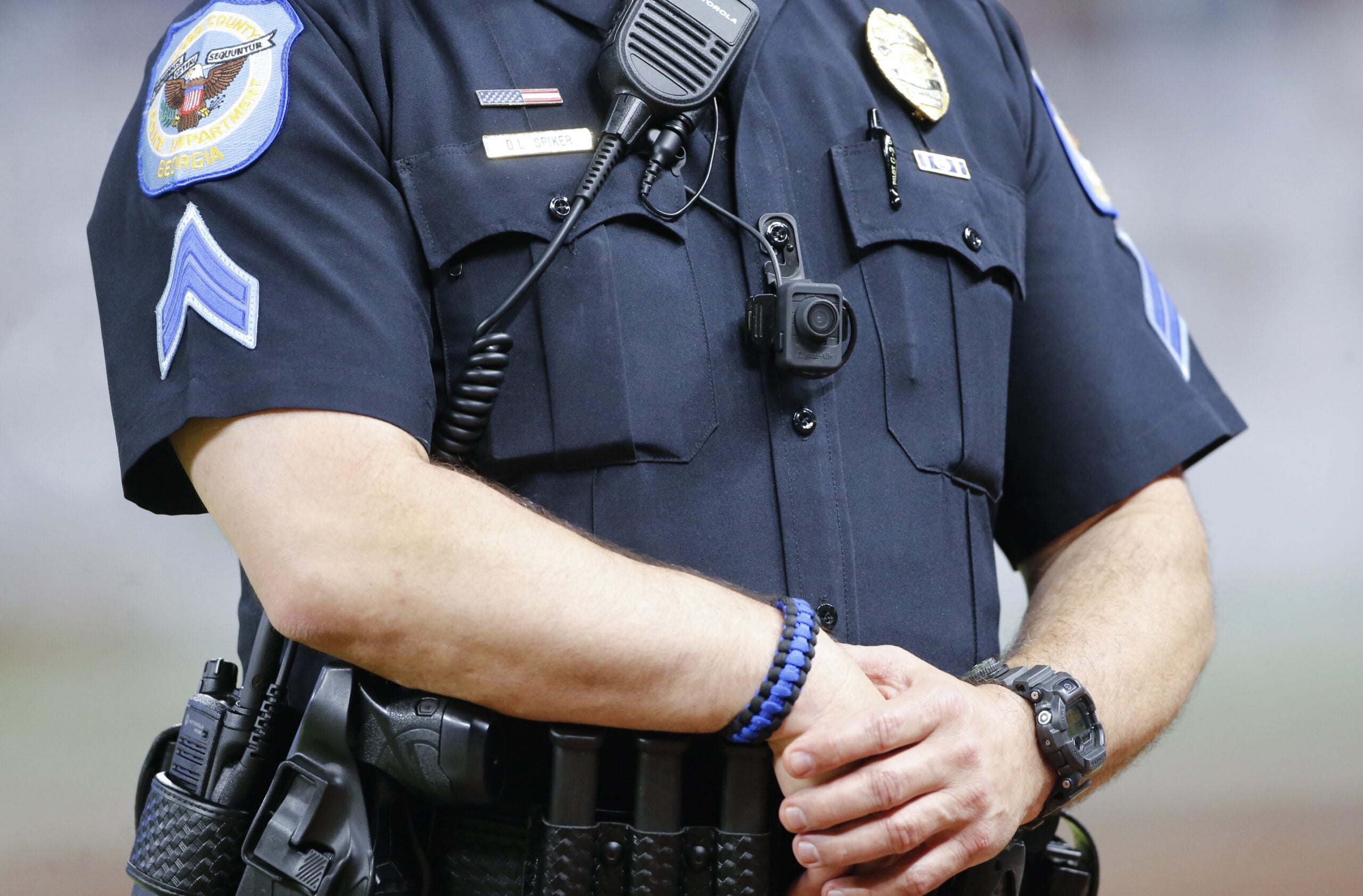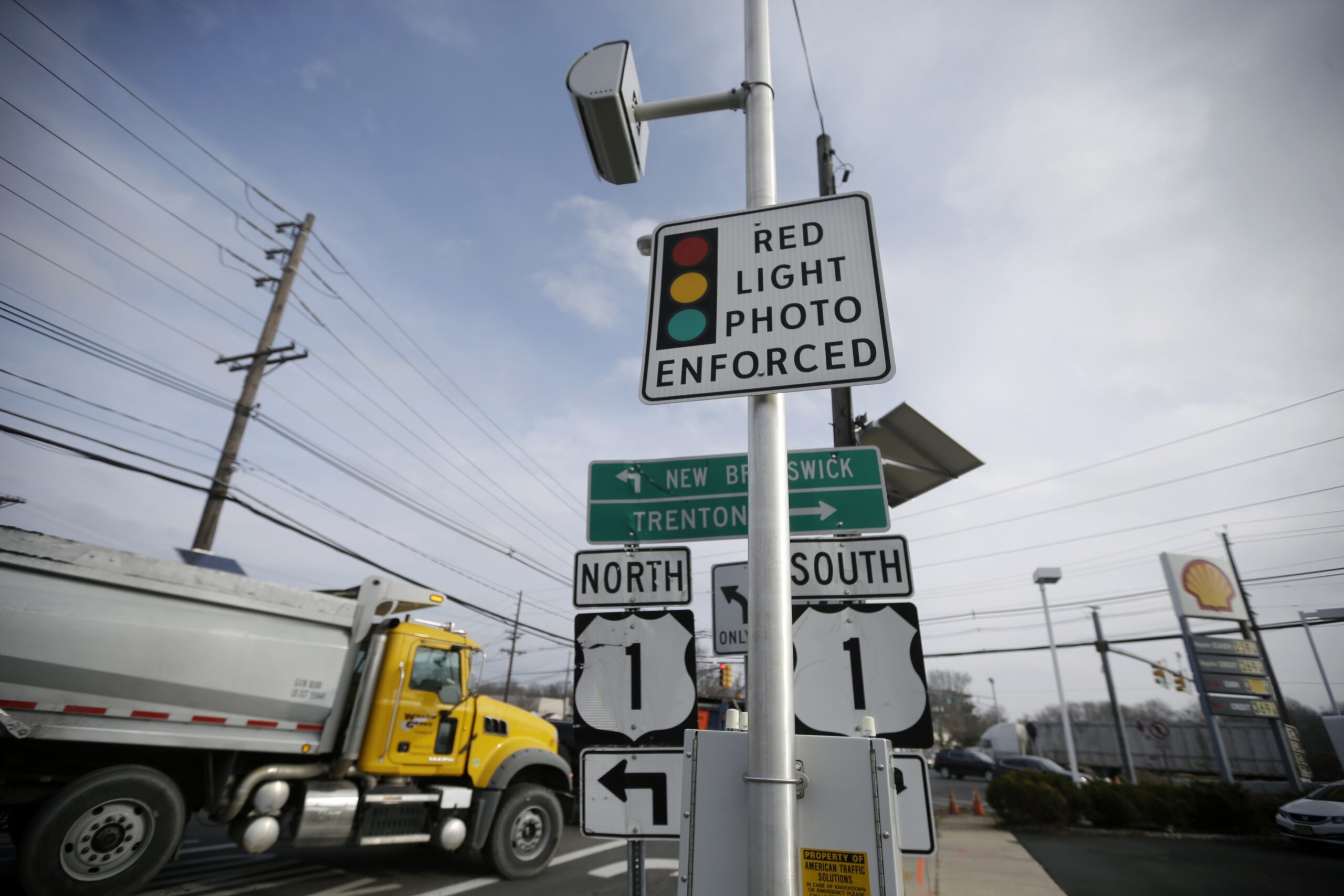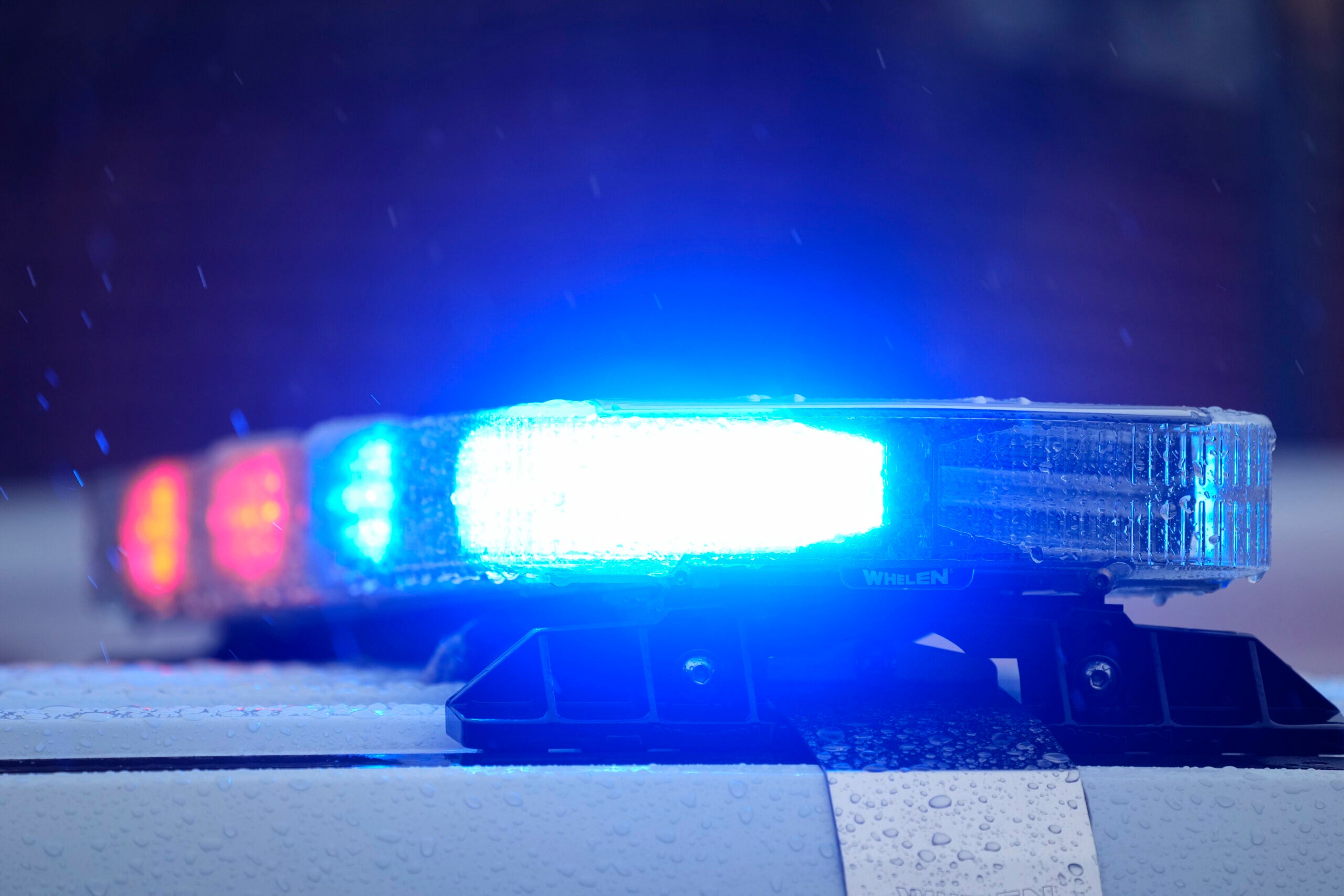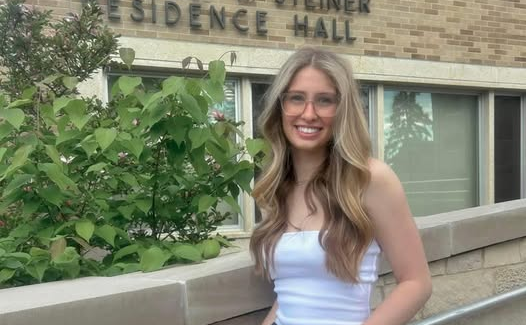It would be more difficult for the public to get access to police body camera footage under a proposal in the state Legislature.
Under the bill, body camera footage would be confidential and not available for public access unless it shows death, injury, arrest, or search during temporary questioning. Even if it meets those standards, if the video was recorded in a place where people have a “reasonable expectation of privacy,” release would require consent of victims, witnesses, or the owner of the property shown in the recording.
At a public hearing on Thursday, supporters of the bill argued it balances privacy rights with public access.
News with a little more humanity
WPR’s “Wisconsin Today” newsletter keeps you connected to the state you love without feeling overwhelmed. No paywall. No agenda. No corporate filter.
Dane County Sheriff Dave Mahoney said he’s delayed using body cameras for his officers until state guidelines like those in the bill are made law.
“There just had not been the guidelines that would protect victims of crime, as well as being transparent and balancing those requirements,” Mahoney said. “Until this bill may be enacted as law, I will continue to deny the implementation of this technology.”
Several police groups support the measure.
Green Bay Police Chief Andrew Smith says his agency has decided not to equip officers with body cameras for several reasons, including the cost of the cameras and staff to redact or expunge sensitive information, such as medical issues, or incidents involving juveniles, from the footage.
Smith said the additional staff and cameras would cost hundreds of thousands of dollars, though prices are falling.
Smith also voiced privacy concerns.
“I have a concern about police officers being in peoples’ homes recording them in their most private moment and having that be available to the public at least in some respect,” he said. “Your neighbors or someone down the street or someone in another city can say, ‘I want that video footage. Let me see what’s going on in the Jones’ house tonight,’ and they get the footage.”
Smith said some incidents may involve violence or children and things that, “happened in that house at the worse moment of your life.”
“That’s a little bit of concern to me,” Smith said.
Smith also said individual officers could be targeted by citizens requesting footage.
Green Bay police officers use dashboard cameras. Smith said that footage is different from body cameras because it captures what happens on public streets.
Opponents argued the bill would make it too difficult for members of the public and journalists to get access to police videos.
“We are concerned that the process by which videos would be made available is cumbersome and inefficient, time consuming, and would be subject to multiple delays before the video would be made available,” said Kyle Geissler, director of operations and public affairs at the Wisconsin Broadcasters Association.
The bill would also require law enforcement agencies that use body cameras to develop written policies on training and use of the cameras, as well as sets timeline for storage of videos.
The bill hasn’t been voted on in committee.
Editor’s Note: Patty Murray contributed reporting to this story. This story was updated with original reporting from WPR at 3:47 p.m. on October 5, 2017.
Wisconsin Public Radio, © Copyright 2025, Board of Regents of the University of Wisconsin System and Wisconsin Educational Communications Board.






